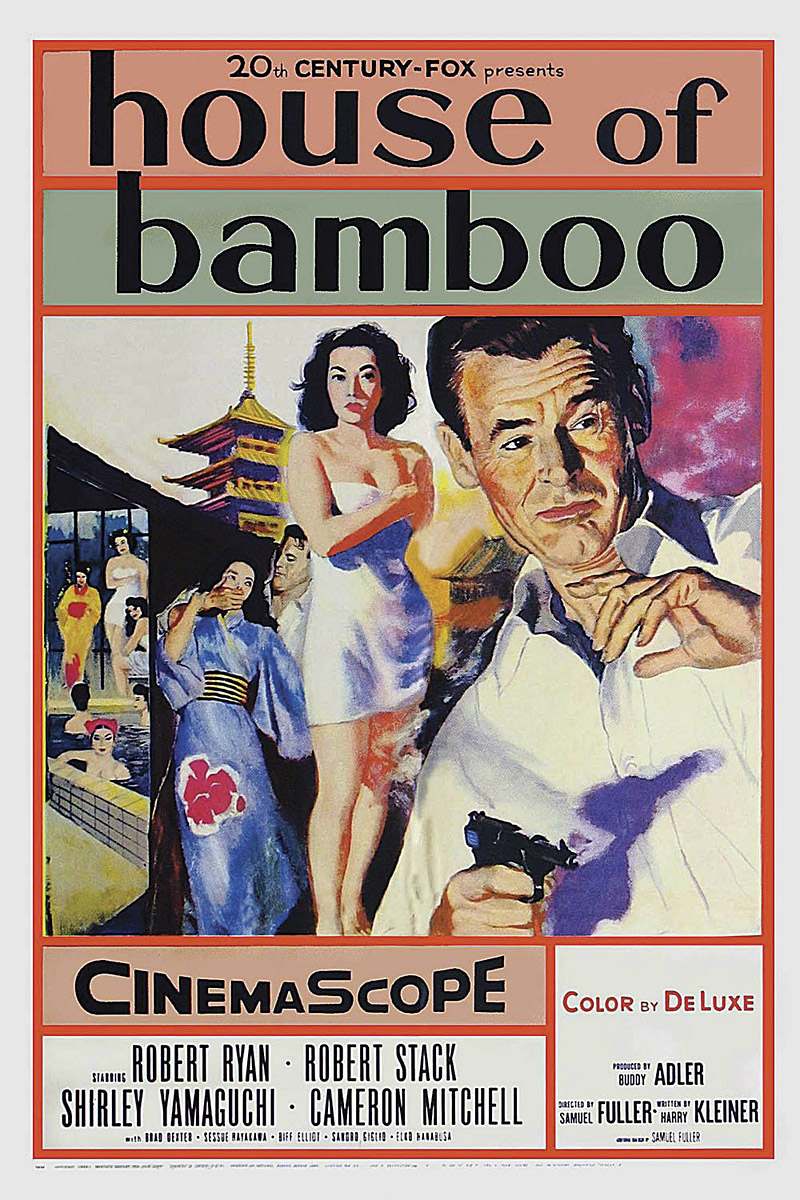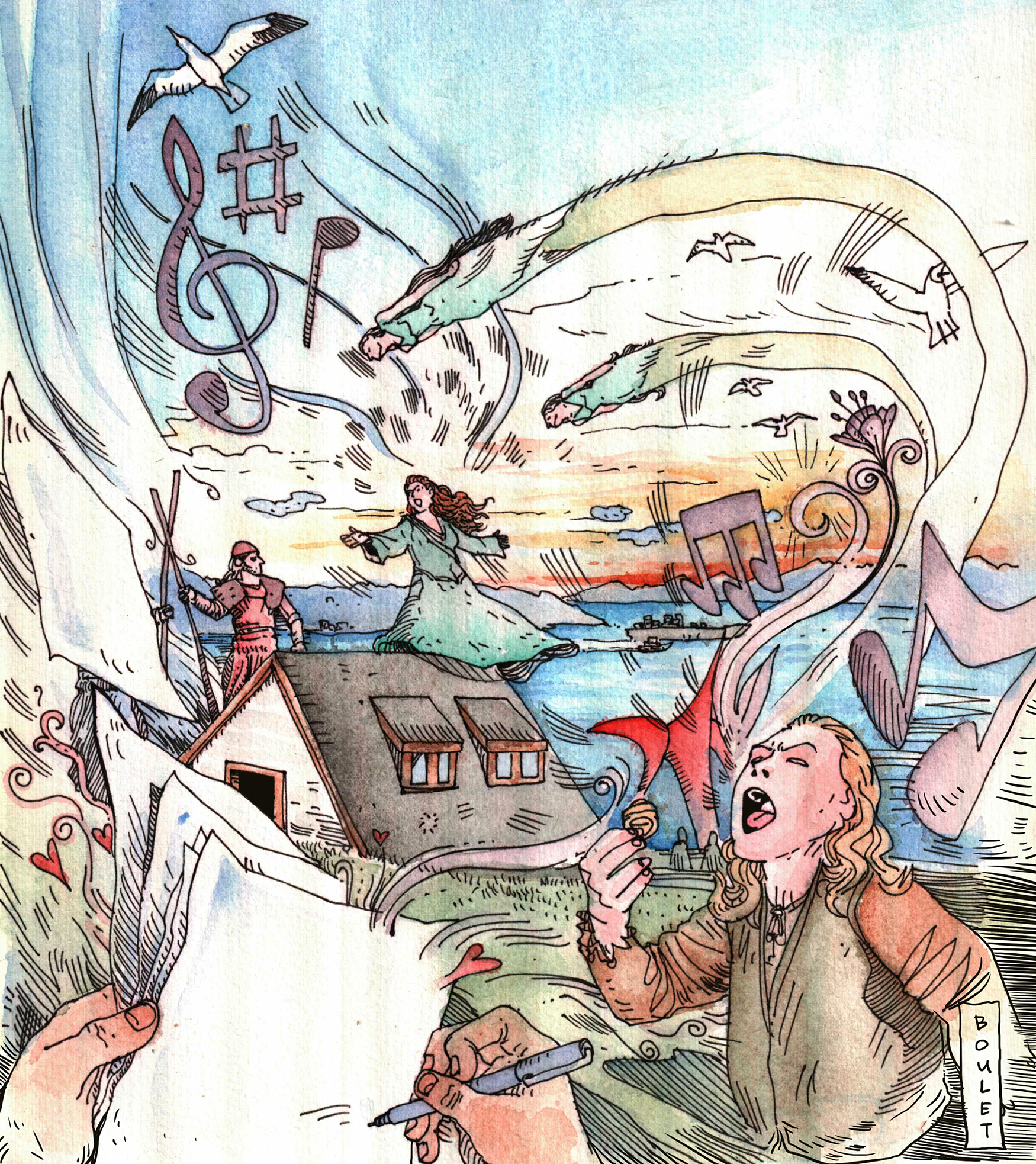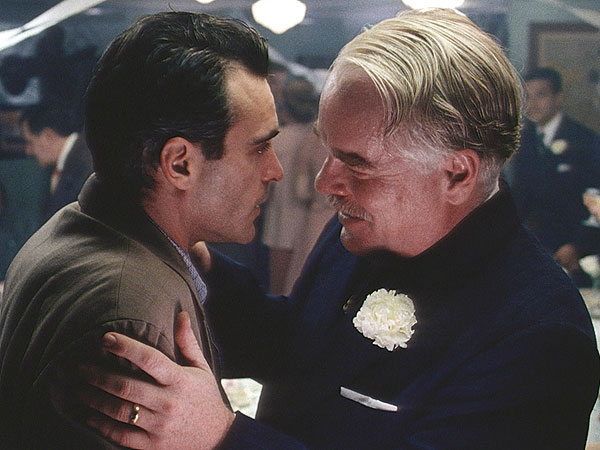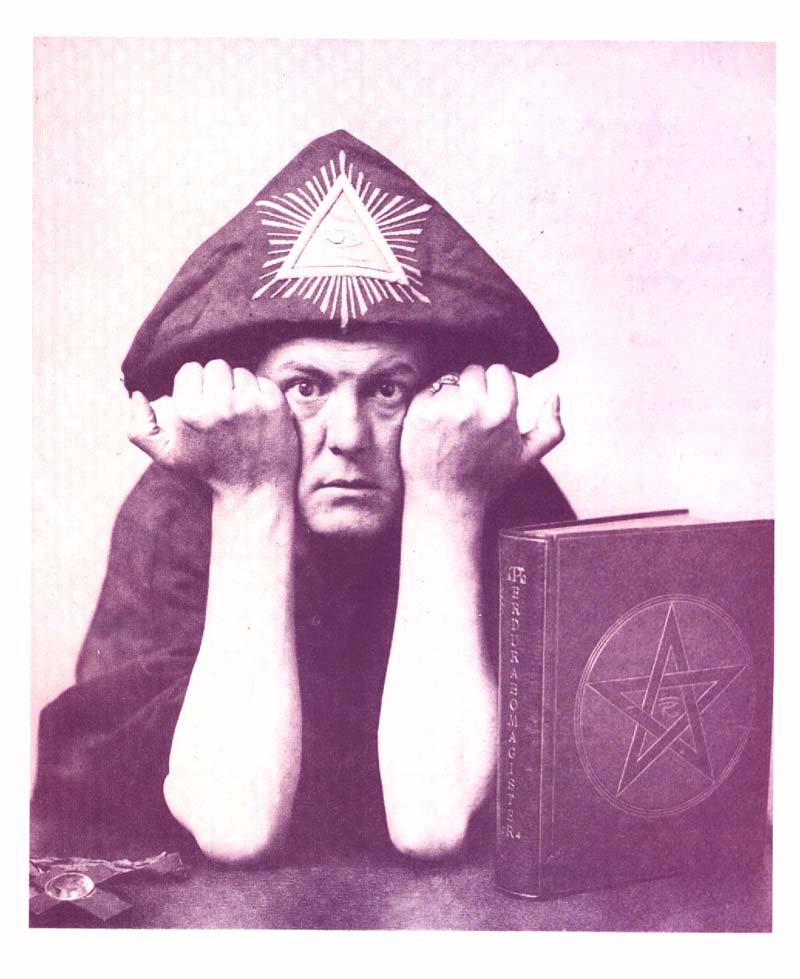WEDNESDAY 1/11
Video Art: Lunchtime Matinee
Some downtown office workers may feel deterred from merely browsing at SAM because of, well, the ticket price. If there’s not some big marquee show to see (the Gauguin arrives Feb. 9), wandering at random through the galleries doesn’t seem a good value. But for a cost of absolutely nothing, if you have 45 minutes to spare, walk past the ticket desk to the museum’s southwest corner and plunk yourself down on the comfortable leather sofas. There you can watch six videos by Albanian-born artist Adrian Paci (now living in exile in Italy). Though nowhere near so long as, say, Andy Warhol’s Empire, his works are durational—about time and waiting. In Turn On, for instance, a bunch of grizzled Italian villagers sit on what appear to be old church steps, doing nothing in particular. After a while, gas-powered generators are fired up, and you realize they’re all holding lightbulbs in the gloom, one per man. The bulbs flare against the dusk, and their indifferent faces are cast into glowing detail. Then Paci, originally trained as a painter, stops down the lens, and the figures fade back into blackness, leaving only a screen full of stars. (No popcorn allowed.) Seattle Art Museum, 1300 First Ave., 654-3100, seattleartmuseum.org. Free. 10 a.m.–5 p.m. BRIAN MILLER
FRIDAY 1/13
Film: East Beats West
Samuel Fuller‘s 1955 House of Bamboo is no one’s idea of a classic: a wide-screen, luridly Technicolor tale of love and corruption in the pachinko parlors of Tokyo that reeks of grindhouse and Eisenhower–era triumphalism. Writer/director Fuller went on location in Japan to make the movie, and he never lets you forget it, madly shoehorning as much local color as possible into the action (every other shot seems to feature Fujiyama) while slinging Japanese slang at the slightest provocation: “I used to be your ichi-ban!” somebody screams at American crime boss Robert Ryan. As a celebration of American empire, House of Bamboo is a priori politically incorrect, yet so wide-screen wacky that even the Daily Worker almost dug it, concluding its 1955 review with the note that the movie is “taut and hard and fast—and tough, too tough.” (A new 35mm print screens through Thurs.) Northwest Film Forum, 1515 12th Ave., 267-5380, nwfilmforum.org. $6–$9. 7 p.m. J. HOBERMAN
Film: Both Sides of the Mirror
Can it really be that David Lynch has stopped making movies? That’s the unhappy thought occasioned by this nine-film retrospective, which begins tonight with The Elephant Man. His most recent film, Inland Empire (not playing in this series), was released six years ago. Since then he’s painted, written a book on meditation, and even released an album (last year’s Crazy Clown Time). Lynch also maintains an active, very odd website with regular dispatches on the weather in ever-sunny Southern California. By contrast, his first studio picture, The Elephant Man (1980), is an entirely darker work, portraying the wretched life of 19th-century carnival freak John Merrick (John Hurt beneath the bulbous prosthetics). In Merrick’s agonies, his ache to be understood, and his fundamental estrangement from the “normal” world, there’s a kinship with Dennis Hopper’s Frank in Blue Velvet, Robert Blake’s ghoul in Lost Highway, and Naomi Watts’ starlet in Mulholland Dr. They are figures on one side of a portal peering out; their antipodes staring back in confusion include Bill Pullman in Lost Highway and Kyle MacLachlan in both Blue Velvet and Twin Peaks: Fire Walk With Me. Almost everyone has a distorted double in Lynch’s movies (The Straight Story being a notable exception). Other titles in the series include Dune, Eraserhead, and Wild at Heart. My favorite? The great Mulholland Dr., a funhouse-mirror reflection of Hollywood, where Lynch made movies on his own unique terms. Until, perhaps, those terms were no longer permitted. (Through Thurs.) SIFF Cinema at the Uptown, 511 Queen Anne Ave. N., 324-9996, siff.net. $5–$10. 7 p.m. BRIAN MILLER
Music: Endless Wave
It’s been nearly 20 years since Pulp Fiction catapulted Dick Dale back into public consciousness, and more than a decade since his most recent album (2001’s Spacial Disorientation), but the 74-year-old guitar icon still tours relentlessly. It’s no exaggeration to say he invented surf rock—his blend of rockabilly shake with Middle Eastern and European melodies pretty much defines the genre. His breakneck staccato picking technique later influenced a new generation of rock guitarists (Eddie Van Halen, Stevie Ray Vaughan, etc.), while the punk-rock crowd also embraced him as an early innovator. Dale has hardly strayed stylistically from his roots, but that doesn’t mean he’s out of touch. After 50 years in the music business, he refuses to sign to a label, preaching DIY as a means of survival. Tractor Tavern, 5213 Ballard Ave. N.W., 789-3599, tractortavern.com. $10. 9 p.m. BRIAN J. BARR
Comedy: Distraction Artists
Just as some veteran comics (e.g., Louis CK, Marc Maron) are discovering the Internet and podcasts, young and hitherto unknown comics are launching from cyberspace to the stage. Such is the case with Seth Romatelli and Jonathan Larroquette, whose weekly Uhh Yeah Dude podcast is at 300 episodes and counting. Their relaxed demeanor suggests two smart young guys—Larroquette with the beard, Romatelli clean-shaven—sitting in their living room, a decade removed from their dorm room, still trying to make each other laugh. Their riffs often begin with news, trivia, or tabloid staples (Lindsay Lohan, Matthew McConaughey, etc.), then drift into tangents. Larroquette may complain about “this blogged-out world we’re living in,” but it’s exactly that overmediation that’s the underlying subject of their humor. Laptop and 3×5 notecards at the ready, they’re always eager for the next distraction, the next bit of random annoyance or outrage from the Internet. Live performance is still very much a novelty for the duo (though Romatelli has some IMDb credits as an actor), and they don’t hammer home any jokes in conventional stand-up manner. Rather, they affably invite you into their living room, where your spot on the couch is still warm. Neptune, 1303 N.E. 45th St., 877-784-4849, stgpresents.org. $15. 8 p.m. BRIAN MILLER
SATURDAY 1/14
Opera: Steamed Bass
You may not know whom to root for in Verdi’s 1846 Attila. Though the titular Hun is planning to conquer Italy, Verdi paints him with a certain amount of sympathy. He gallantly acknowledges the bravery of captured warrior Odabella, whose father he killed. Does that mollify her? No—so bent on revenge is she that she foils her lover Foresto’s attempt to poison Attila because she wants to be the one to take him out. In gratitude, he offers to marry her; she accepts, but stabs him anyway. Curtain. Verdi scholar Julian Budden calls her “the most unpleasant heroine in all Verdian opera”—and the role’s a voice-shredder, too, combining the ornateness of an earlier generation’s soprano writing (Rossini, Bellini) with trumpeting dramatic force. This is one reason why when this rarity’s staged at all, it’s usually as a vehicle for a star bass (who don’t have that many vehicles to star in), and Seattle Opera’s got John Relyea, who’s scored big here in past seasons as Don Quixote and Bluebeard, to share the title role with Mika Kares. (Through Jan. 28.) McCaw Hall, Seattle Center, 389-7676, seattleopera.org. $25 and up. 7:30 p.m. GAVIN BORCHERT








